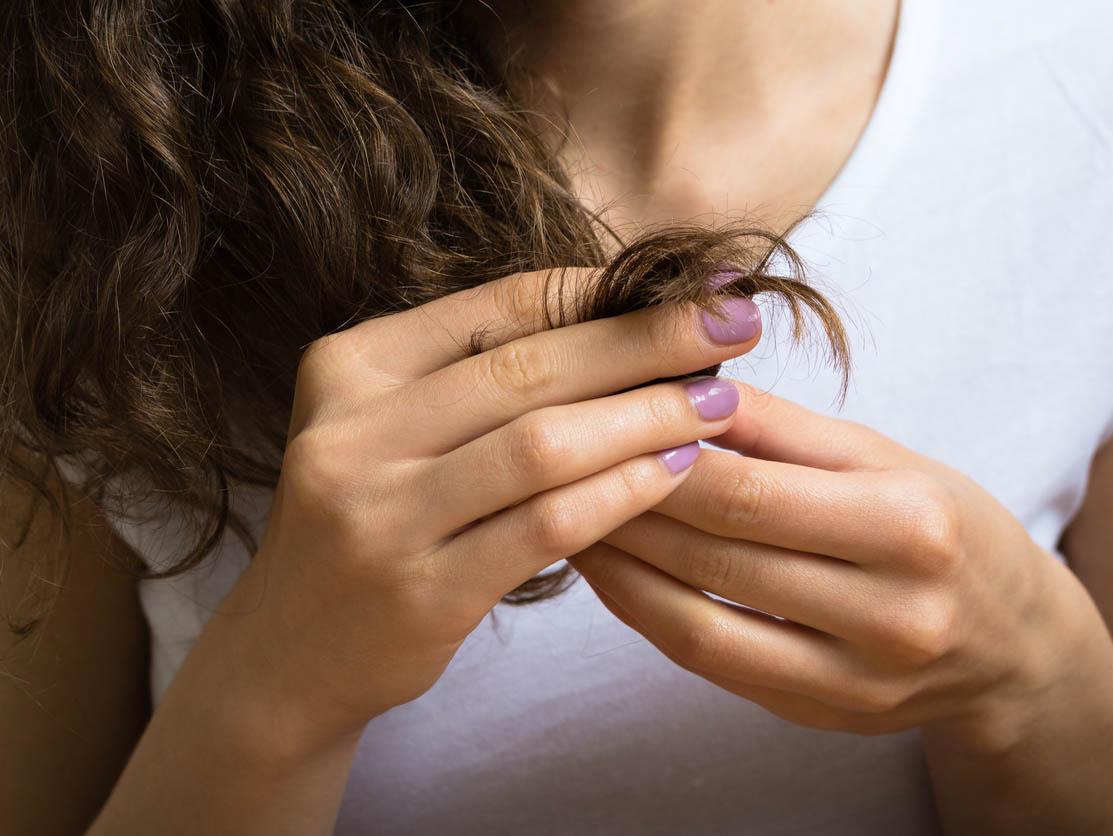Obsessively picking your split ends is actually a medical condition
And, it's more difficult to stop than smoking

People who become obsessed with skin-picking and hair-pulling are attempting to reclaim their lives using jewellery called “fiddle bracelets”.
Extreme skin picking and hair pulling are impulse control issues known medically as dermatillomania and trichotillomania respectively.
They are types of addictions which may have evolved in some people as a way to relieve stress and anxiety.
But charities are dedicated to supporting those with the problem by selling low-cost “fiddle bracelets”, which look like charm bracelets and can be used by people to divert their energy.
The UK-based Trichotillomania Support group is a non-profit organisation selling fiddle rings and bracelets.
It says, “People with trichotillomania pull out hair, most commonly from eyelashes, eyebrows or the scalp, but also from beards, the pubic region and pets.
“These are secretive conditions and are often kept hidden with make-up and avoidance of eye contact. It can be hard to comprehend what trichotillomania is; the social withdrawal it often brings or how best to help.”
One 34-year-old woman said she picked up the habit of picking at split ends in her teens, and it continued into adulthood.
She told Refinery29, “I’m not proud of doing it – I know there are so many much better uses of my time – but that doesn’t stop me.
“I sometimes pick my hair in public, on the bus or at my desk at work. When I became a mum I even did it while breastfeeding, covering my child in little bits of hair.”
Dr David Kingsley, president of the World Trichology Society, told the website: “It’s extremely difficult for people to stop doing it.
“Some published reports say it’s easier to stop smoking, which gives you an idea of how difficult it is to treat.”
But diverting energy onto jewellery can be a short-term fix – those who believe they have a problem are encouraged to deal with the problem at the source.
Treatments include cognitive behavioural therapy and hypnotherapy. Without management, trichotillomania can easily become obsessive but by using “fiddle bracelets” sufferers are able to kick their picking habit.
Subscribe to Independent Premium to bookmark this article
Want to bookmark your favourite articles and stories to read or reference later? Start your Independent Premium subscription today.

Join our commenting forum
Join thought-provoking conversations, follow other Independent readers and see their replies